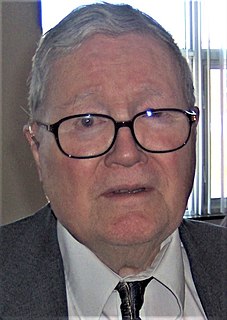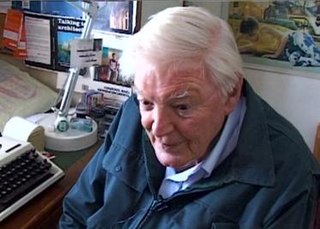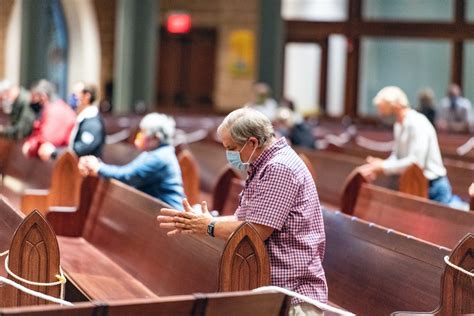A Quote by Paul Goodman
Anarchism is grounded in a rather definite social-psychological hypothesis: that forceful, graceful and intelligent behaviour occurs only when there is an uncoerced and direct response to the physical and social environment; that in most human affairs, more harm than good results from compulsion, top-down direction, bureaucratic planning, pre-ordained curricula, jails, conscription, states.
Quote Topics
Affairs
Anarchism
Behaviour
Bureaucratic
Compulsion
Conscription
Definite
Direct
Direction
Down
Environment
Forceful
Good
Graceful
Grounded
Harm
Human
Hypothesis
Intelligent
More
Most
Occurs
Only
Ordained
Physical
Planning
Psychological
Rather
Response
Results
Social
Social Environment
States
Than
Top
Related Quotes
Anarchism is no patent solution for all human problems, no Utopia of a perfect social order, as it has often been called, since on principle it rejects all absolute schemes and concepts. It does not believe in any absolute truth, or in definite final goals for human development, but in an unlimited perfectibility of social arrangements and human conditions which are always straining after higher forms of expression, and to which for this reason one can assign no definite terminus nor set any fixed goal.
No doubt exists that rent seeking in general leads to serious inefficiencies in this direct sense, but its indirect damage is even worse. Drawing the bulk of intelligent and energetic people in society into activity that has no social product, or may have a negative social product, is more important in explaining the stagnation of these societies than the direct social cost of the rent seeking.
Psychologism is, I believe, correct only in so far as it insists upon what may be called 'methodological individualism' as opposed to 'methodological collectivism'; it rightly insists that the 'behaviour' and the 'actions' of collectives, such as states or social groups, must be reduced to the behaviour and to the actions of human individuals. But the belief that the choice of such an individualist method implies the choice of a psychological method is mistaken.
In contrast to our own social environment which brings out different aspects of human nature and often demonstrated that behavior which occurs almost invariably in individuals within our society is nevertheless due not to original nature but to social environment; and a homogeneous and simple development of the individual may be studied.
My interests were more extracurricular, more external, and more social than they were academic. My birthday is also in December, so I was one of the older kids. That meant I learned social leadership early on. I was always just much better in a team and work environment than I was in a classroom environment.
Iconography becomes even more revealing when processes or concepts, rather than objects, must be depicted for the constraint of a definite "thing" cedes directly to the imagination. How can we draw "evolution" or "social organization," not to mention the more mundane "digestion" or "self-interest," without portraying more of a mental structure than a physical reality? If we wish to trace the history of ideas, iconography becomes a candid camera trained upon the scholar's mind.
While there are relatively few extreme introverts or extroverts, most of us lean in one direction or the other. If we lean more toward introversion, we'll generally prefer less social activity than more extroverted people. One inclination is not 'better' than another, but our culture can make it seem as if extroverts have a social advantage.
The industrial-technological system may survive or it may break down. If it survives, it MAY eventually achieve a low level of physical and psychological suffering, but only after passing through a long and very painful period of adjustment and only at the cost of permanently reducing human beings and many other living organisms to engineered products and mere cogs in the social machine.
Helpless, unknown, and unremembered, most human beings, however sensitive, idealistic, intelligent, go through life as passengers rather than chauffeurs. Although we may pretend that it is the chauffeur who is the social inferior, most of us, like Toad of Toad Hall, would not mind a turn at the wheel ourselves.
Anarchism asserts the possibility of an organization without discipline, fear, or punishment, and without the pressure of poverty: a new social organism which will make an end to the terrible struggle for the means of existence, --the savage struggle which undermines the finest qualities in man, and ever widens the social abyss. In short, Anarchism strives towards a social organization which will establish well-being for all.






































